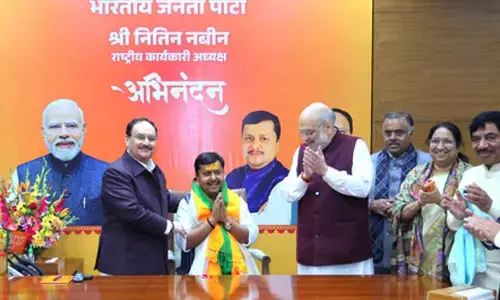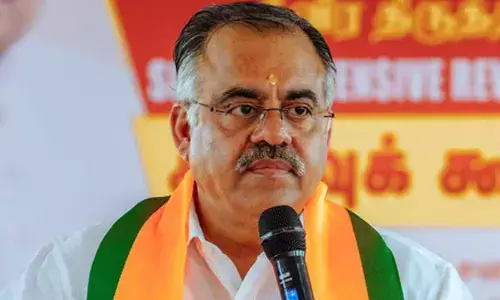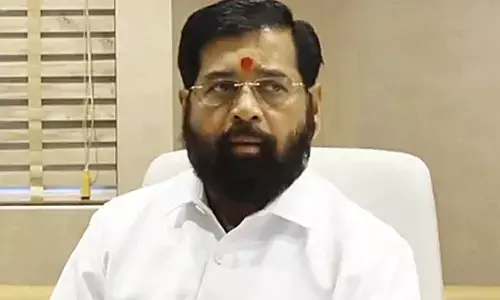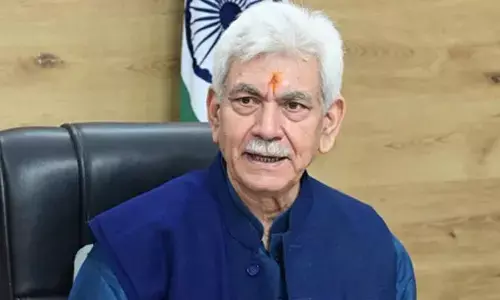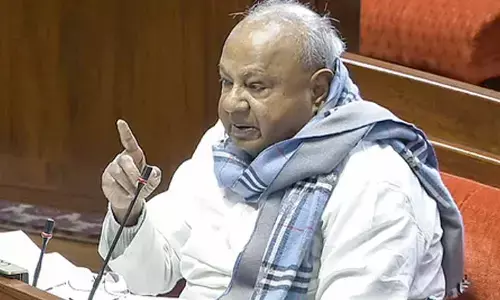Goa tourism derailed by taxi terror

Sun, surf and seafood are not the top-of-the-mind thoughts for foreign tourists holidaying in Goa these days.
 Sun, surf and seafood are not the top-of-the-mind thoughts for foreign tourists holidaying in Goa these days.
Sun, surf and seafood are not the top-of-the-mind thoughts for foreign tourists holidaying in Goa these days.
According to Goa's leading tour operators and hospitality industry leaders, the fear of dealing with abrasive and over-charging taxi drivers hog the visiting tourists' mind-space. Recent violent scuffles involving the notorious cabbies have only underlined their fears.
"The biggest concern for tourists coming to Goa right now are taxi drivers," says Ernest Dias, vice president of Kuoni Travels India, a leading tour operator.
Over the last few weeks, operators of Goa's 7,000-odd tourist taxis have emerged as unapologetic villains in a sustained but violent theatre of the absurd playing out in Goa's populous tourism belt.
Taxi drivers, a powerful and politically-connected segment, have beaten up tour operators, tourists - both domestic and foreign - and even each other over the last few weeks, culminating in a two-day strike called by them to protest against the starting of a privately-operated radio cab service in the state.
The strike and the violence it generated forced the British Foreign Office to issue an adverse travel advisory asking tourists to exercise caution while holidaying in Goa.
In a beach resort state, where tourism is one of the key economic drivers, stakeholders are now beginning to get worried about the impact of such chaos on Goa's winding coconut palm-lined roads.
"The hospitality industry is being held to ransom by such activities. We have asked the chief minister to ensure law and order or else Goa will lose its tourists over time," president of the Travel and Tourism Association of Goa (TTAG) Francis Braganza told IANS after meeting Manohar Parrikar earlier this week.
Quoting statistics, Braganza said that the hospitality industry annually contributed Rs. 1,900 crore (Rs.19 billion/$307 million) by way of direct and indirect taxes to the state economy annually and accounted for physical investments worth Rs.35,000 crore.
To allow a taxi driver lobby to run riot, he suggested, would be akin to frivolously killing the proverbial goose that lays the golden egg.
"Tourists must have the right to choose their mode of conveyance," he said, reacting to a demand made by protesting taxi drivers, who want to debar tour buses from ferrying passengers and instead use only cabs.
For tourists living in Goa's coastal resorts, getting about is not only an expensive affair but also one that is laden with hassles. Tour buses are often stoned by taxi drivers and tourists have to suffer the ordeal of hiring two taxis if they are travelling from north Goa to south Goa with a stopover, due to rivalries between groups of taxi-owners.
Prasad Harmalkar of Thomas Cook, Goa, claims that exorbitant prices charged by cabbies was a big put-off for tourists.
"Often the hotel room rate is Rs.2,000, but tourists have to shell out Rs.3,000 for a taxi ride," he said.
Complaints to the police by tourists and tour operators often resulted in harassment of the complainants, with the police often backing the cabbies, Braganza said.
He claimed that in the meeting with Parrikar, the TTAG had recommended a short-term and a long-term solution to the crisis.
"In the short term, the police have to ensure implementation of law and order. Whoever is guilty has to be punished. In the long term, a mechanism has to be evolved to ensure that taxi drivers come under one umbrella with a fixed fare-list," Braganza contended, adding that Goa could have to kiss goodbye to tourism if the government's apathy continued.
Goa, one of the leading beach tourism destinations in India, attracts three million tourists annually, half a million of whom are foreigners.
Next Story










